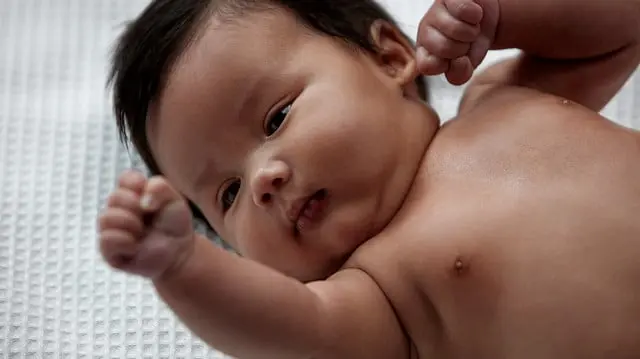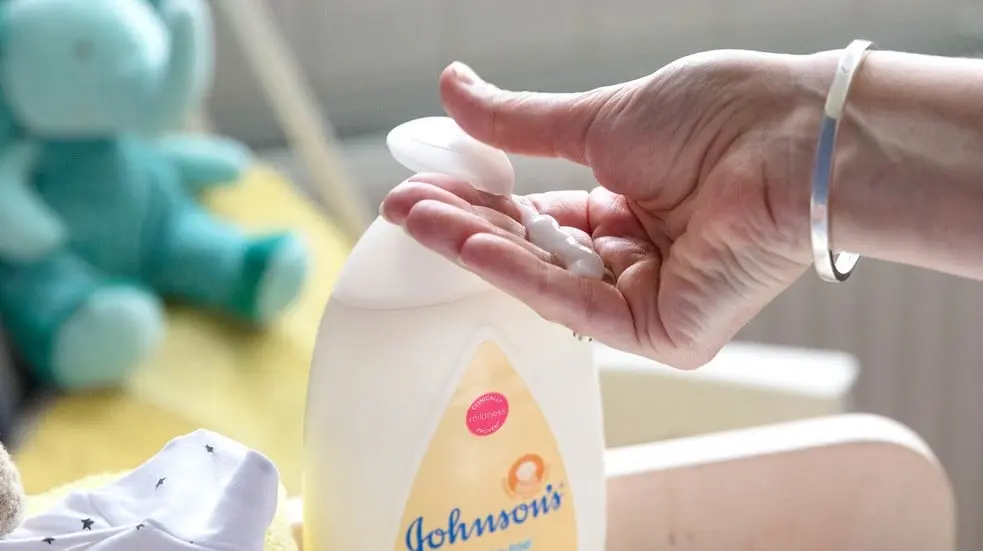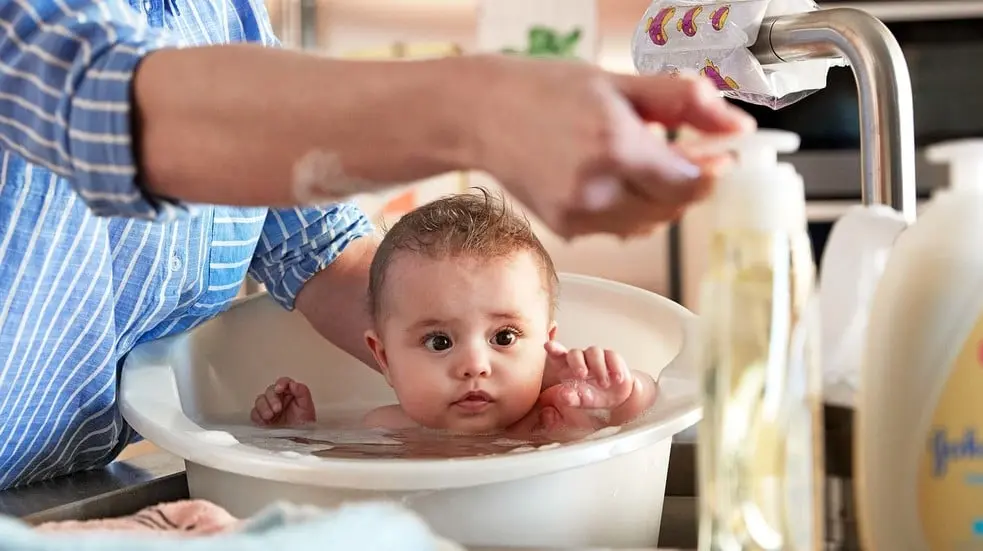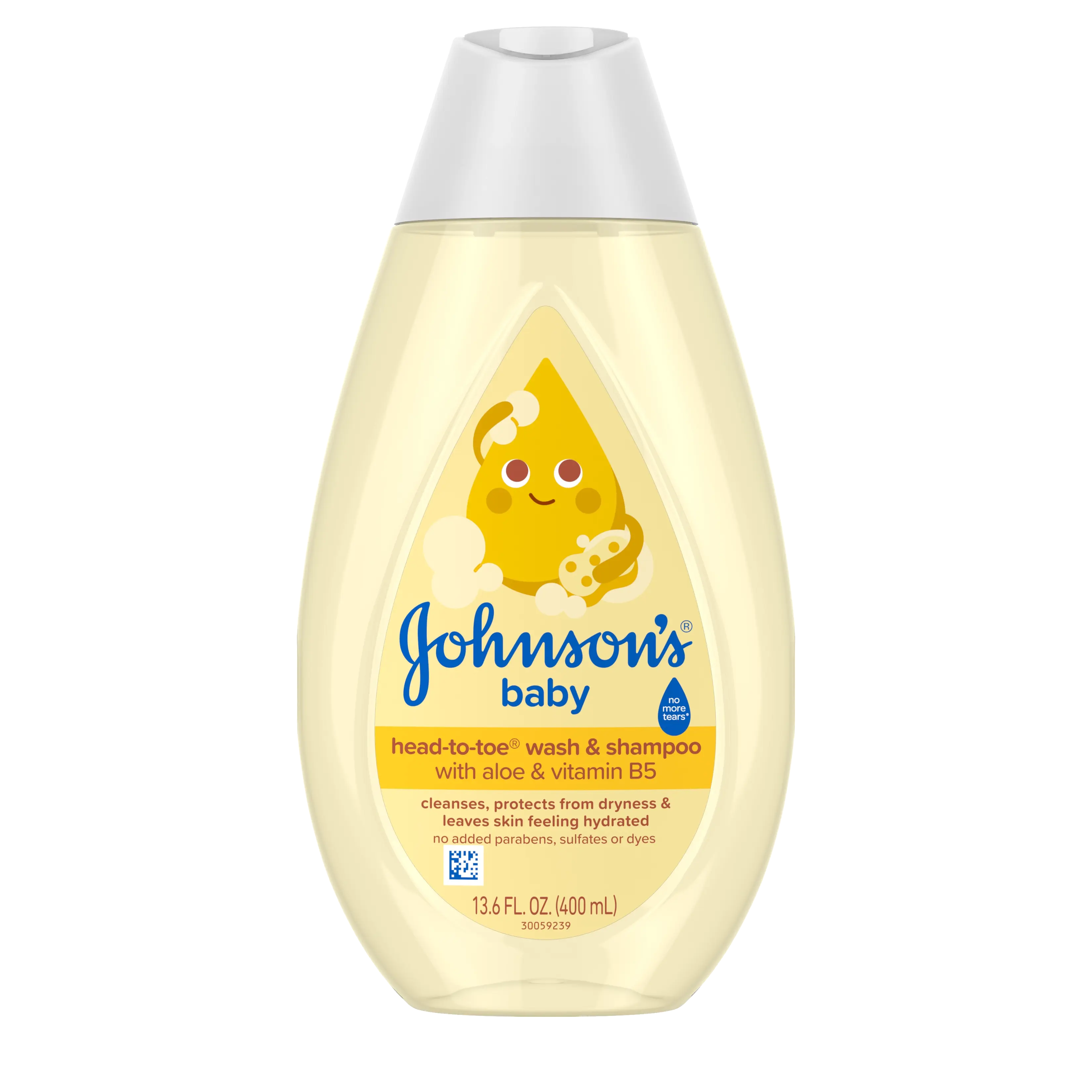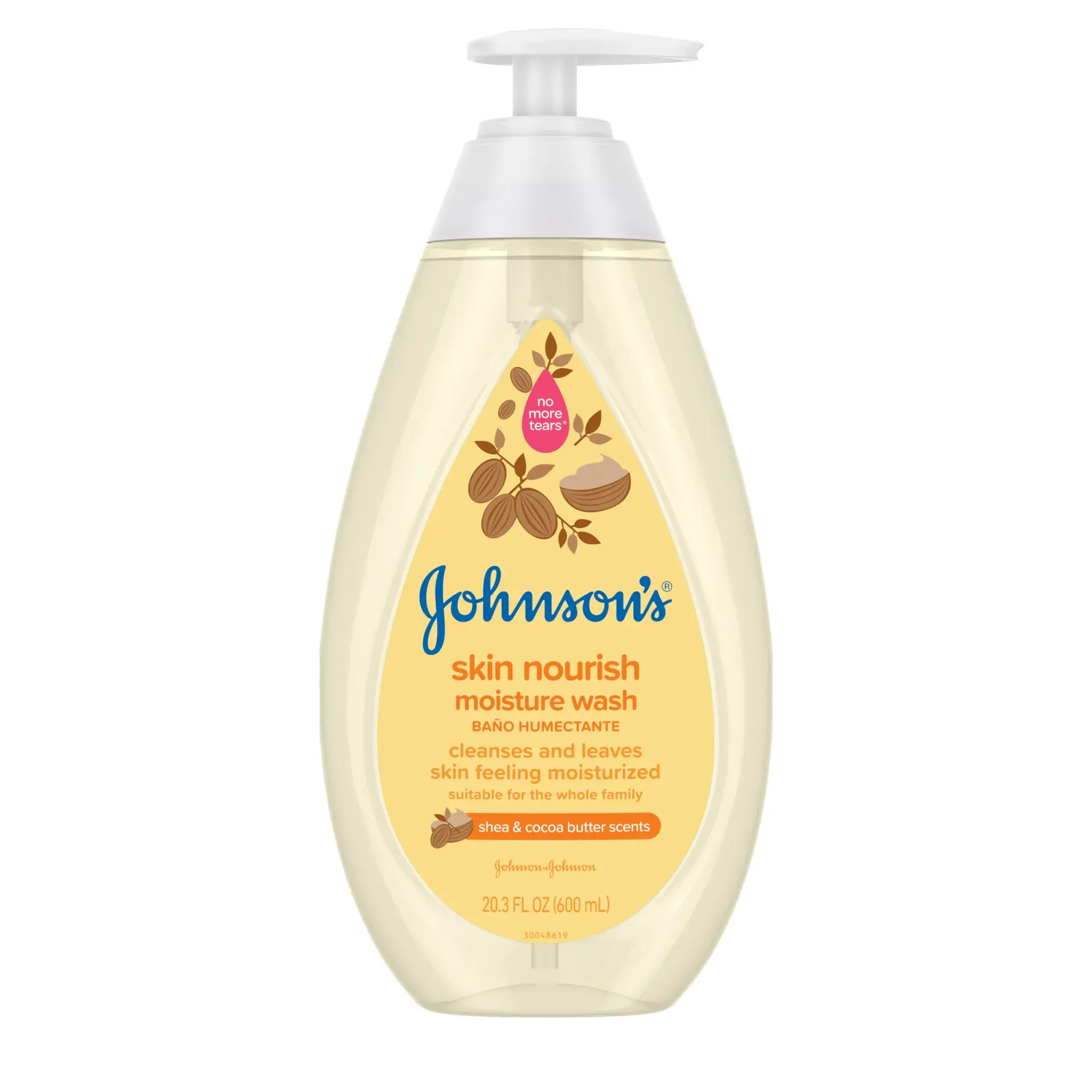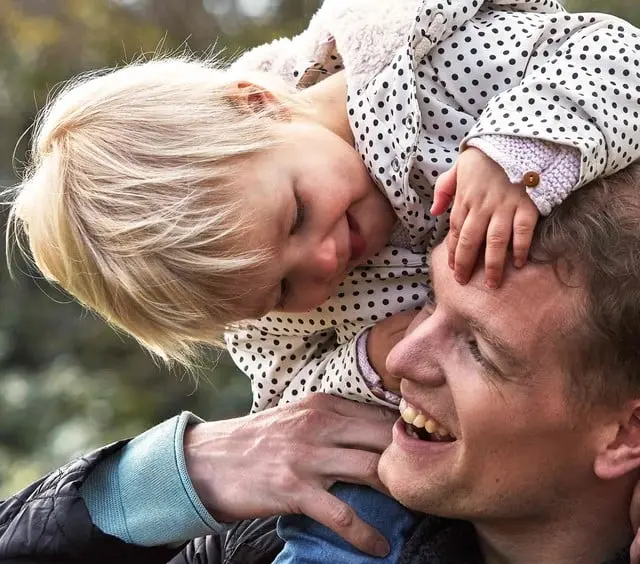Guide to Baby Skin Care
Baby’s skin helps defend against the outside world.

About your baby’s skin:
Plays an important role in maintaining his/her health and in defending against irritants, germs and bacteria
Regulates your baby's internal temperature
Needs moisturization. Your baby’s skin absorbs moisture at a faster rate, but can lose moisture faster, too
Keeping Baby Skin Healthy
Your baby’s skin barrier is his/her first line of defense from the outside world. Since baby skin is more more vulnerable to irritants, changes in temperature and changes in humidity, make sure to keep it properly clean, hydrated, and moisturized.
Use a Moisturizing Cleanser
It’s important to transition to a baby cleanser and use more than water to wash baby, in order to help gently maintain moisture while gently cleaning his/her skin.
Keep Your Baby’s Skin Hydrated
Baby requires constant moisturization - that's why regularly moisturizing your baby's skin, especially after a bath, is a good way to help protect against dryness.
Did you know?
In a clinical study, 10% of moms surveyed believed that their baby's skin was dry, when in fact, more than 60% of these babies had clinical signs of dryness!
Featured Skin Care Products
How to Clean Baby Ears, Eyes, and Nose
Perfect little fingers, perfect little toes, eyes, ears and nose. It's important to keep them clean and healthy. Here are some easy tips on how to do just that:
1. How to Clean Baby Ears
Focus on getting the outside clean. A good choice to clean ears is our safety swabs, uniquely designed with the Ear Safe Bulb™ feature made specially for babies. Be very careful when cleaning baby ears — never put anything deep into your baby's ear canal or nose.
2. How to Clean Baby Eyes
Holding your baby's head, gently cleanse around each eye with a cotton round dampened with clean warm water. Use a new cotton round for each eye and always wipe from the inside corner of the eye outward.
3. How to Clean Baby Nose
If your baby is congested, talk to your baby's doctor about using saline nasal drops or a rubber bulb syringe (to suction nostrils) or use a moistened cotton round to gently clean any debris from around baby’s nose.
4. How to Clean Baby Nails
Cut your baby's nails regularly to prevent him/her from scratching themselves and the spread of infection. Cut them right after a bath when they are softer, use blunt scissors and follow the natural line of the finger, depressing the finger pad away from the nail so you can avoid cutting the skin of the finger.
Sun Protection = Healthy Baby Skin
Healthy skin care habits begin early. By taking steps now to protect your baby's delicate skin from the sun's harmful rays, they can enjoy a lifetime of healthy skin.
Newborn Sun Safety: Your baby's own photo-protection is still underdeveloped and baby sunburn can occur despite your best sun blocking efforts — and it may take only 10 to 15 minutes for baby’s skin to burn! Most pediatricians recommend that sunscreen products not be used on babies under 6 months of age, which means you'll need other methods of protection.
Older Babies: Even older babies (and children) should avoid exposure to direct sun for any extended period. They should always wear protective clothing and sunglasses.
